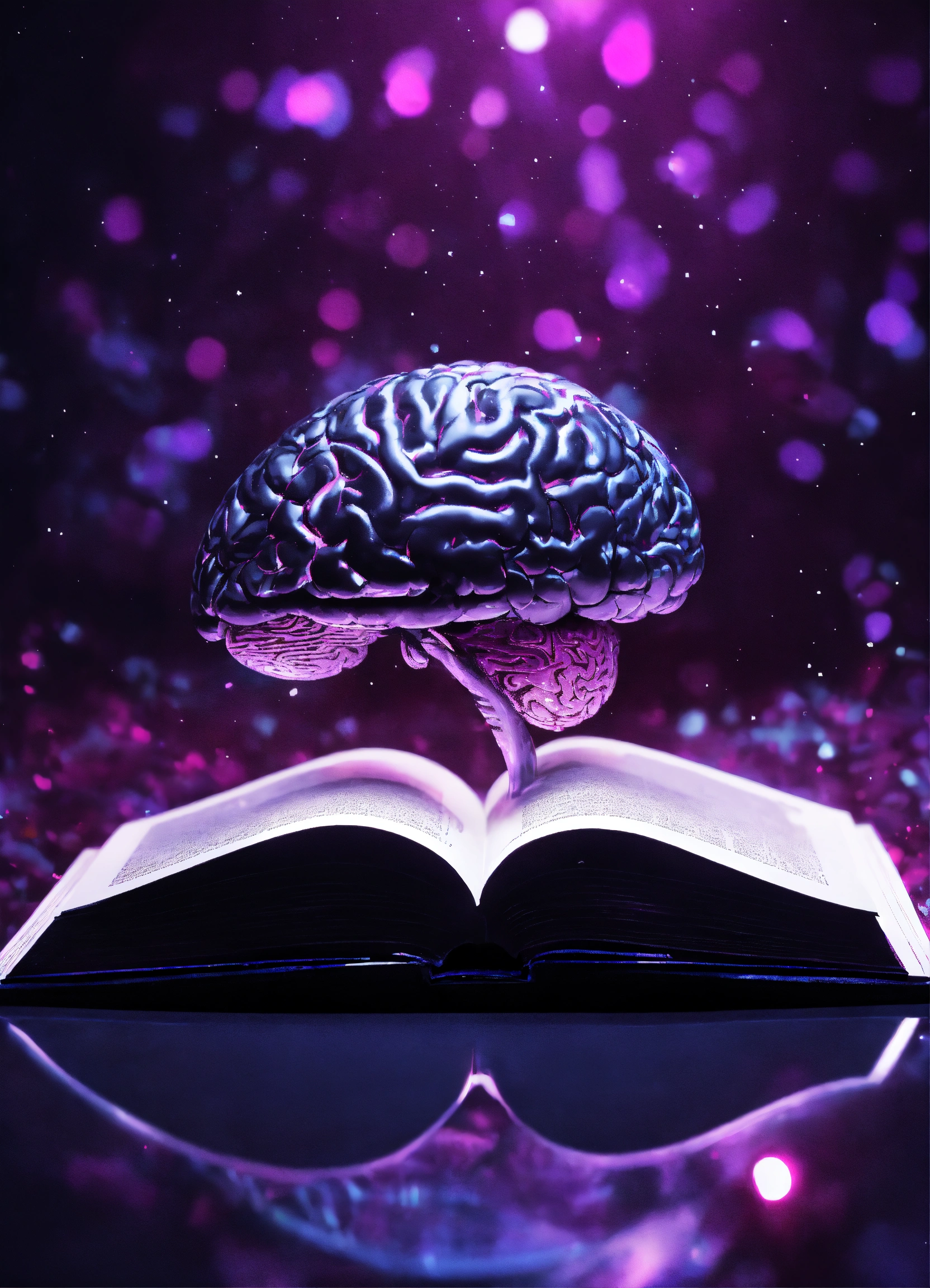The Importance of Curiosity in the Pursuit of Knowledge
Curiosity, the innate human drive to explore, question, and seek understanding, plays a pivotal role in the continuous quest for knowledge. In our journey through life, it is curiosity that acts as the compass guiding us towards new realms of understanding. The importance of curiosity in the pursuit of knowledge cannot be overstated, as it fuels the desire to learn, discover, and innovate.
The Foundation of Learning:
At the core of any educational endeavor lies the importance of curiosity in the pursuit of knowledge. When individuals cultivate a curious mindset, they naturally become more engaged in the learning process. The quest for knowledge becomes not merely a requirement but a genuine desire to unravel the mysteries of the world. In classrooms and beyond, educators emphasize the significance of nurturing curiosity to foster a love for learning. The curiosity-driven approach makes education a fulfilling journey rather than a tedious obligation.
The Curiosity-Knowledge Loop:
The symbiotic relationship between curiosity and knowledge forms a loop that propels human understanding forward. The more one learns, the more questions arise, igniting further curiosity. This loop creates a perpetual cycle of intellectual growth. This interplay between curiosity and knowledge is evident in various fields, from science and technology to arts and humanities. Scientists, for example, are driven by an insatiable curiosity to explore the unknown, pushing the boundaries of human understanding and knowledge.
Unlocking Creativity and Innovation:
Curiosity serves as a catalyst for creativity and innovation. When individuals are curious, they are more likely to think outside the box, challenge the status quo, and propose novel ideas. The importance of curiosity in the pursuit of knowledge is particularly evident in industries where innovation is key. In a world that constantly evolves, curiosity becomes a driving force behind groundbreaking discoveries and advancements. Entrepreneurs, scientists, and artists who possess an insatiable curiosity are often the trailblazers in their respective fields.
Enhancing Critical Thinking Skills:
Critical thinking is an essential component of the knowledge acquisition process, and curiosity is its precursor. A curious mind naturally questions, evaluates, and analyzes information, honing critical thinking skills. In classrooms and workplaces, individuals with a curious disposition are more adept at problem-solving and decision-making. They approach challenges with an inquisitive mindset, leading to well-informed and thoughtful solutions. The importance of curiosity in the pursuit of knowledge is, therefore, integral to the development of critical thinking abilities.
Cultivating a Lifelong Learning Mentality:
The journey of acquiring knowledge is not limited to formal education; it is a lifelong pursuit. Embracing curiosity as a guiding principle fosters a mentality of continuous learning. In an ever-changing world, the importance of curiosity in the pursuit of knowledge lies in its ability to motivate individuals to seek information independently. Whether through reading, exploring, or engaging in conversations, a curious mind remains open to new ideas and perspectives, contributing to ongoing personal and professional development.
Overcoming Challenges and Embracing Failure:
Curiosity is not only about seeking answers but also about navigating the uncertainties and challenges inherent in the pursuit of knowledge. The importance of curiosity becomes apparent when facing setbacks and failures. Curious individuals view challenges as opportunities to learn and grow, resilient in their quest for understanding. This resilience is crucial in overcoming obstacles and turning failures into valuable lessons. The curiosity-driven mindset encourages perseverance and adaptability in the face of adversity.
Connecting with Others:
Curiosity is a social glue that fosters connections and collaborations. When individuals share a curiosity about a particular subject, they naturally form communities of learners. The importance of curiosity in the pursuit of knowledge extends beyond personal growth; it creates a collective thirst for understanding. Collaborative efforts fuelled by curiosity lead to the exchange of ideas, diverse perspectives, and the enrichment of collective knowledge. In a world where interconnectedness is increasingly crucial, curiosity serves as a bridge that connects people through shared interests.
In Conclusion: In the grand tapestry of human existence, the importance of curiosity in the pursuit of knowledge weaves a narrative of exploration, discovery, and growth. It is the driving force behind educational success, innovation, critical thinking, and the cultivation of a lifelong learning mentality. As we navigate the complexities of the modern world, embracing and nurturing curiosity is not just an option but a necessity. Let us celebrate the power of curiosity, for it is the key that unlocks the doors to a richer, more enlightened future.

Post a Comment